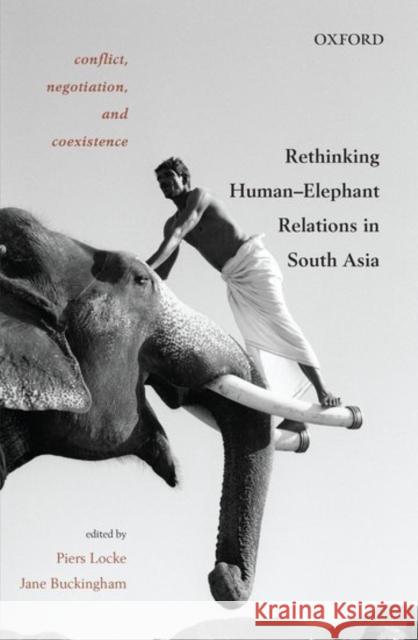Conflict, Negotiation, and Coexistence: Rethinking Human-Elephant Relations in South Asia » książka
topmenu
Conflict, Negotiation, and Coexistence: Rethinking Human-Elephant Relations in South Asia
ISBN-13: 9780199467228 / Angielski / Twarda / 2016 / 384 str.
As formidable instruments of war, they have changed the destinies of empires.
As marauding crop raiders, they are despised.
As an endangered species, they are cherished.











